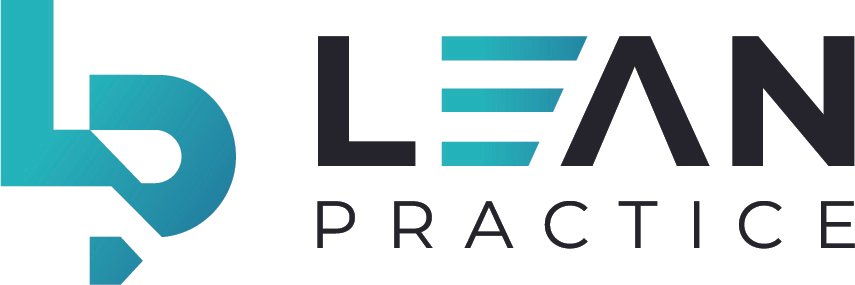Is Accountability The Key To Project Success?
We all know accountability is key to project success, without each person knowing their own roles and taking personal responsibility for their actions a project comes to a standstill with no forward movement or progression to delivering on a project's mission.
But accountability isn't something you get just because you've made it explicit in the roles and responsibilities or a RACI matrix.
You get accountability when someone has the internal commitment to take action.
This buy-in doesn't come from the authority levels given, it comes through that person connecting their own values with the problem/opportunity and a realisation that they must do something about the problem as it's in their own best interests. When we look at accountability we look for effective actions being completed on time, if we don't see them we question the person's ownership, we question if they are being held accountable. We then take action to hold them to account.
What we often find if we explore deeper is that we haven't taken the time to help that person connect the problem with something they care about, or took the time to explain the problem yet we still expect them to perform the action and be accountable.
Individuals have complex value systems
To unlock accountability in teams, project managers and leaders need to understand individuals.
Even people who might seem straightforward in their approach to their work have a complex belief and values system driving their behaviour and performance.
What might seem like someone not taking their responsibility seriously, could be someone struggling to understand why they have to do the work they’ve been asked to do when they can’t see how they fit into the bigger picture or how the work they’re doing is valuable to themselves and others as well as the organisation.
Expecting people to “just get on with it” doesn’t work in 2021.
By understanding the individual motivations and value systems of each person within your project team, you can help to tie objectives and tasks to things they can relate to. From helping to make the end customer happier with the work they’re doing or by improving the process to drive profits which will help make the business more sustainable making jobs more secure. By giving tasks a higher meaning and one that connects with each person's individual values - you can help drive improved productivity and motivation.
How can you drive an internal commitment to action?
Get to know your team: Hopefully you’re already doing this, but getting to know your team on a personal level is important to driving operational improvements. Take your team out for lunch or a beer after work - get to know them and understand their lives and how they connect with their work. What’s important to them personally?
Connect values & tasks: By understanding your team more you will be able to identify individual values and goals in their lives, tie tasks and responsibilities to things important to each person. By doing that you give meaning to what could be otherwise mundane tasks or tick box exercises.
Engage & monitor: Driving internal commitment isn’t a set and forget strategy, it takes regular engagement with your people to be successful, otherwise you look like you’ve used their personal motivations for your own gain - show you care about your people and have regular check-ins to see how everything is going. This way you’ll be able to monitor the impact your changes have had on team performance.
Transparency: Hold yourselves and your team to account by making your commitments visible for all to see. Transparency in itself drives accountability however importantly it drives support for when tasks are not going to plan, or when momentum is slowing.
Organisations need to be accountable
When we talk about accountability we put it on the heads of our workers when in reality, it’s on us as organisations, as leaders, to be accountable to our teams. We have to commit to understanding people. We have to commit to using that understanding to make work more meaningful.
If we want better accountability then we need to create the buy-in early on and then hold people to account.

